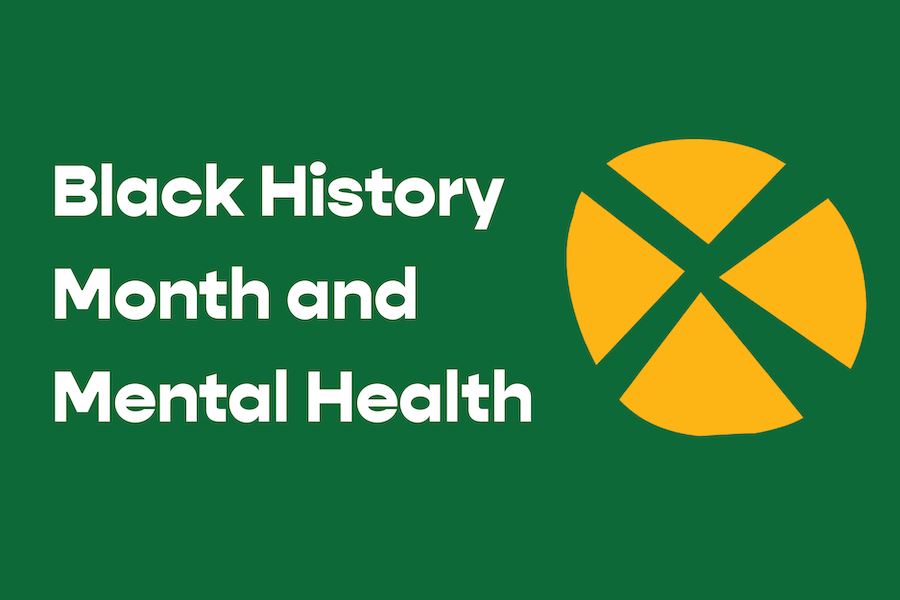
Mental health disparity exists, among many groups of people. It’s important to acknowledge and honor that for all people. This month, is Black History month, so a special emphasis here is on Black and African American mental health heroes and pioneers.
Mamie Phipps Clark, Ph.D., pioneering African American Psychologist challenging segregation.

Mamie Phipps Clark, Ph.D. was the first African American woman to earn a doctorate in psychology from Columbia University. One of her best-known works was the “Doll Study”. This study examined how African-American children’s attitudes towards race and self-identity were affected by segregation. According to the results of her study, the children preferred playing with the “white dolls” over the “black dolls”. The study was part of the influence on the Brown vs. Board of Education court case, which challenged school segregation. Dr. Clark also became a civil rights activist and youth advocate in her community.
Kenneth Bancroft Clark, Ph.D., 1st African American President of the American Psychological Association
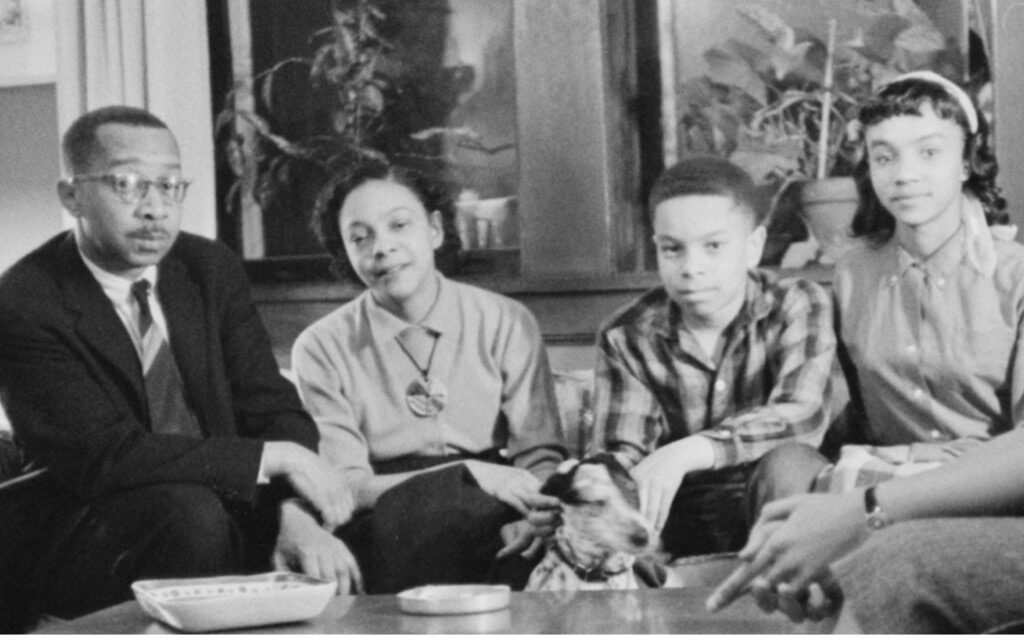
Kenneth Bancroft Clark, Ph.D., was an African American psychologist, and the first to graduate from Columbia University. He was married to Mamie Phipps Clark, Ph.D, and was the major influencer on his wife to pursue her interests in working with children to get her Ph.D. and also was part of the Brown vs. Board of Education decision to end school segregation, alongside his wife, Mamie. Dr. Clark was invited to teach a summer course at the City College of New York in 1941. During that time, the Dean of the Hampton Institute of Virginia asked Dr. Clark to start a department of psychology, which he did. Kenneth Clark also became the first African American tenured full professor at the City College of New York. He was also the first African American to be president of the American Psychological Association.
Soloman Carter, M.D, America’s first African American psychiatrist
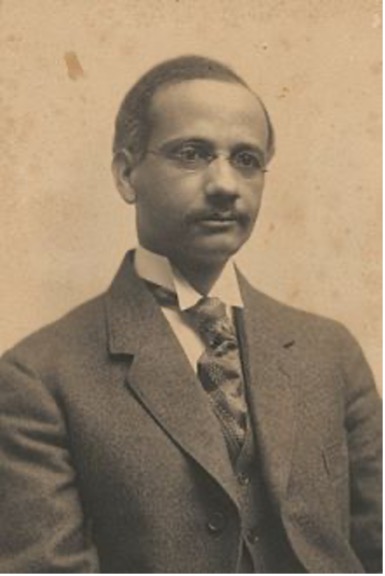
Soloman Carter Fuller, M.D., recognized as the first African American psychiatrist. Dr. Fuller was also a pioneer of research in Alzheimer’s disease. Fuller’s paternal grandfather, and grandmother were slaves in the United States. His grandfather purchased both his and his wife’s freedom and emigrated to Liberia, where later Fuller was born in 1872. They were both medical missionaries in Liberia and thought to have influenced Fuller’s interest in medicine. Fuller’s father was a coffee planter and government official and oversaw Fuller’s education on the coffee plantation. At age 17, Fuller left Liberia and came to the United States to attend Livingston College in North Carolina, a historically black private higher education institution, where he graduated with a BA. He then began his medical career in Brookly, New York at Long Island College Hospital. Completing a 2-year internship at Westborough Stat Hosptial, in Massachusetts, he became interest in neurological and psychiatric disease, conducting post-mortems. He then became appointed to be Hospital Pathologist and instructor of Pathology at Boston University in 1899. He is underrecognized for his contributions to neurology/psychiatry in the area of Alzheimer’s research, largely due to racial bias. Fuller spent time in Germany doing research on what was described at the time as “dementia paralytica”, “dementia senilis,” and chronic alcoholism. Dr. Fuller wrote a comprehensive review of his and other findings on Alzheimer’s disease describing the importance of neurofibrillary changes and plaque as hallmarks of the disease.
Inez Beverly Prosser, Ph.D., America’s first female African American Psychologist.
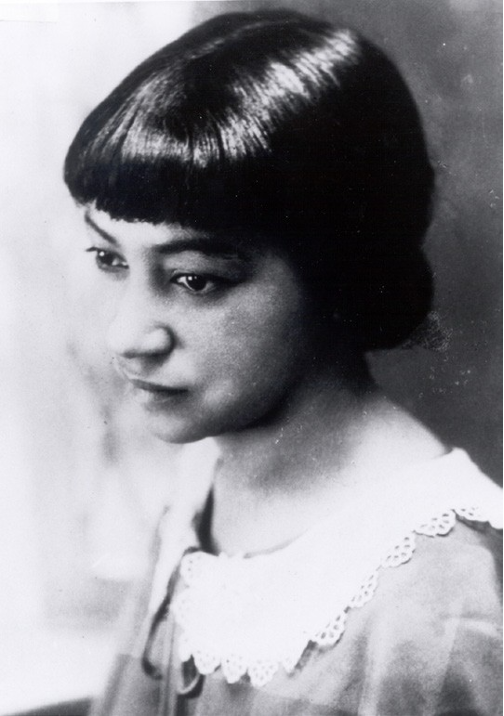
Inez Beverly Prosser, Ph.D., was born in the late 1900 (her birth date and exact location is unknown), to a family in southern Texas with 11 children. She was the 2nd born and eldest daughter. She was educated in what were called “colored schools” at the time, when schools were still segregated. She was passionate about education, however, and convinced her parents who only had enough money to send one child to higher education, to send her to college instead of her older brother Leon. She began with a two-year certificate at Prairie View A&M and started teaching at a segregated elementary school. The then finished her bachelors degree at Samuel Huston College in Austin in 1926. The segregation in Texas prevented her from attending graduate school there, so she went to the Univeristy of Colorado for a Master’s degree and then completed a doctorate in psychology at the University of Cincinnati in 1933. She was America’s first female black psychologist. She researched self-esteem and other variables between black children in segregated schools compared them to integrated schools. Her family’s investment in her education did pay off, her advice and money helped 5 of her other siblings attend college themselves! She taught the last 7 years of her life in black colleges, before she was tragically killed in a car accident.
Advancements despite obstacles
These black and African American heroes of mental health were pioneers, driven, and achieved even with the obstacles of racism, and sexism in their way. They were also advocates for themselves, and their community. We all have obstacles in our lives, and that can hamper our drive, achievements, and have impact on our own mental health.
How can we reach those people who experience mental health disparities? Solutions like MindScout. Technology is in the hands of more and more people with the help of government programs, as well as free access sites such as libraries. MindScout offers mental health assessment that you can take to a current provider, even a primary health provider to couple with a clinical assessment can jump start someone’s journey to mental health care!
These black and African American heroes of mental health were pioneers, driven, and achieved even with the obstacles of racism, and sexism in their way. They were also advocates for themselves, and their community. We all have obstacles in our lives, and that can hamper our drive, achievements, and have impact on our own mental health.
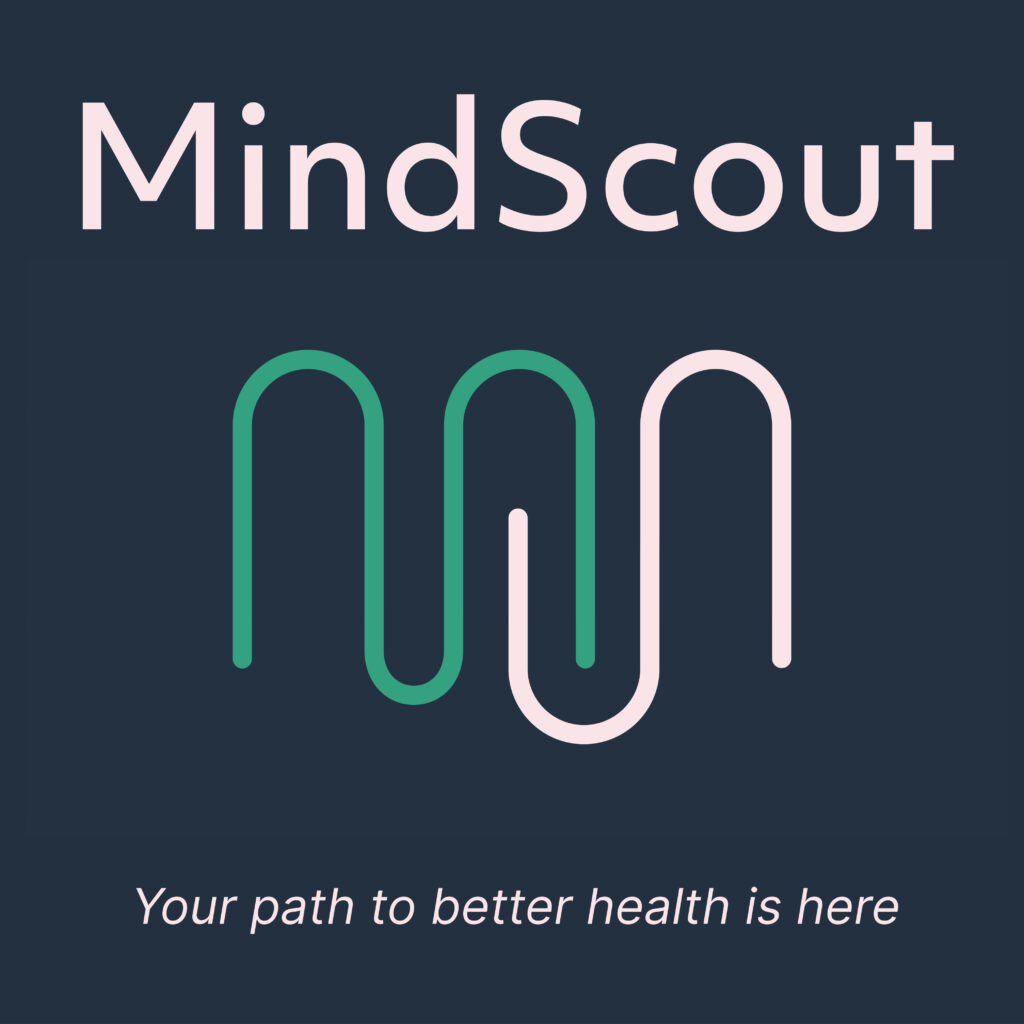
Add a Comment